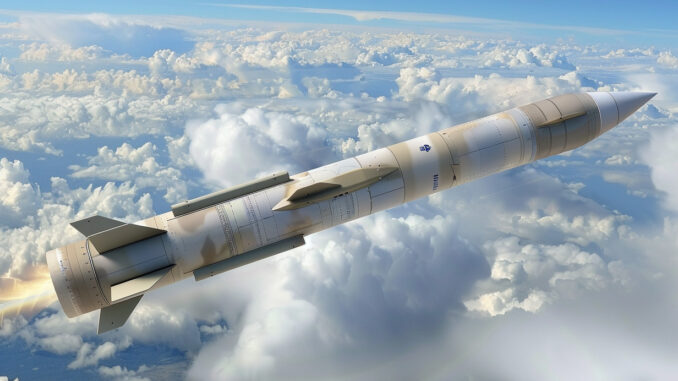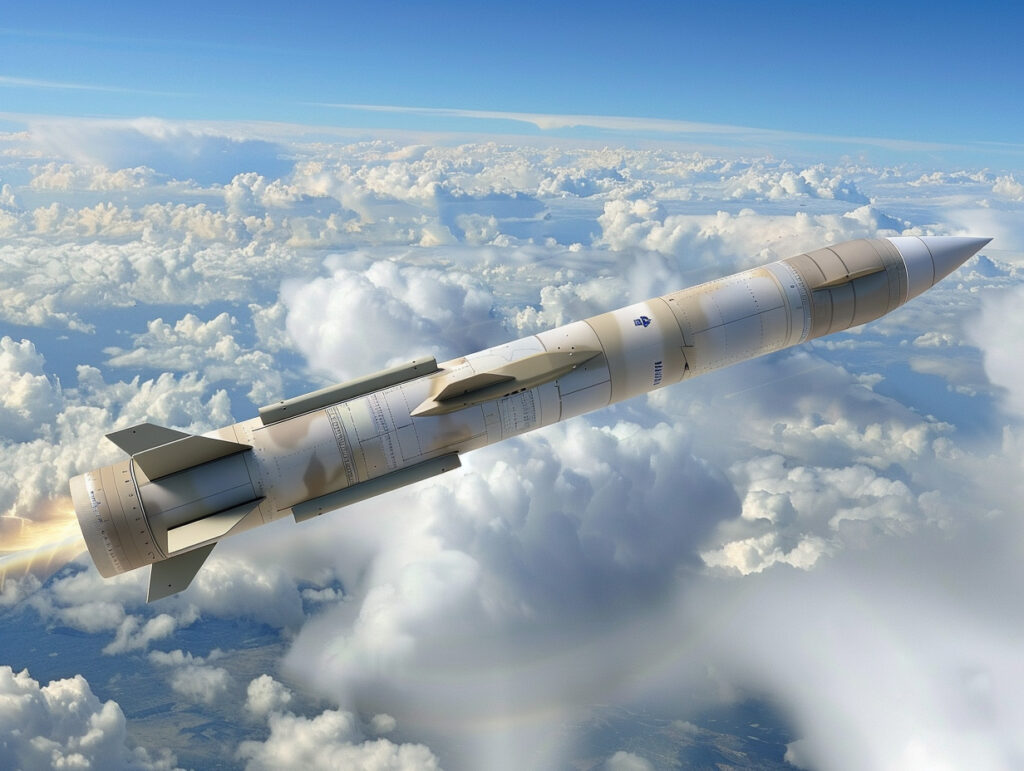
France, Germany, Italy and Poland are collaborating on the ELSA project to develop long-range missiles aimed at strengthening European defence.
At the 2024 NATO summit, France, Germany, Italy and Poland announced a joint project to develop long-range missiles, called the European Long-Range Strike Approach (ELSA). The project is designed to fill the gaps in European defence revealed by the war in Ukraine. The planned missile would have a range of 1,000 to 2,000 kilometres, boosting the long-range strike capabilities of the participating countries and stimulating the European defence industrial base.
Background and objectives of the ELSA project
At the 2024 NATO summit, the defence ministers of France, Germany, Italy and Poland signed a letter of intent to develop the European Long-Range Strike Approach (ELSA) project. The aim of this initiative is to fill the gaps in long-range strike capabilities highlighted by the war in Ukraine. The ELSA project will develop, produce and supply missiles capable of striking targets more than 500 kilometres away, thereby strengthening the military capabilities of the participating nations and the European defence industrial base.
The importance of long-range strikes in Europe
The war in Ukraine has shown that long-range strikes are crucial for European defence. The current capabilities of Europe’s armed forces are insufficient in the face of modern threats, particularly those posed by adversaries with advanced anti-access and area denial (A2/AD) systems. The development of missiles with a range of 1,000 to 2,000 kilometres, as envisaged by the ELSA project, would provide an effective response to these challenges by offering a remote strike capability that could penetrate adversary defences and strike strategic targets.
Technical development and characteristics of the new missiles
European missile manufacturer MBDA has announced the development of a new land-based cruise missile, based on an existing naval variant. This missile, called the Land Cruise Missile, will offer very long-range metric accuracy, high survivability thanks to a reduced radar section and terrain-following capability, as well as high lethality against a variety of targets. These features will provide European armed forces with a powerful and flexible tool for long-range strike operations, increasing their ability to respond to a variety of threats.

Consequences for the European defence industrial base
The ELSA project also aims to strengthen the European defence industrial base. At present, this base is designed for a situation of peace, as Swedish Defence Minister Pal Johnson pointed out. The war in Ukraine has shown the need to increase industrial production to meet the requirements of a prolonged conflict. The development of long-range missiles in Europe will boost industrial production on a large scale and at speed, ensuring that European countries have the resources they need to support prolonged military operations.
Geopolitical implications and international collaboration
The ELSA initiative could also have significant geopolitical implications. Germany recently announced that it would allow the US to deploy its own long-range missiles on German soil, prompting criticism from Moscow. German Chancellor Olaf Scholz defended the decision, saying that such weapons were necessary for deterrence and peace. In addition, the ELSA project could be opened up to other European partners, such as the UK, enabling costs to be shared and strengthening European defence cooperation.
Developing long-range missiles
The European Long-Range Strike Approach (ELSA) project represents a major step forward for European defence. By developing long-range missiles capable of hitting targets 1,000 to 2,000 kilometres away, the participating nations will be able to fill gaps in their arsenals and strengthen their deterrent capability against potential adversaries. In addition, the project will stimulate the European defence industrial base, enabling rapid, large-scale production of advanced weapons systems. In the long term, the ELSA initiative could transform the way Europe approaches its defence and military cooperation, ensuring enhanced security for the continent.
War Wings Daily is an independant magazine.